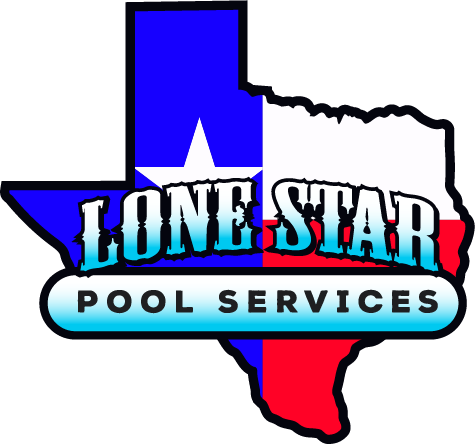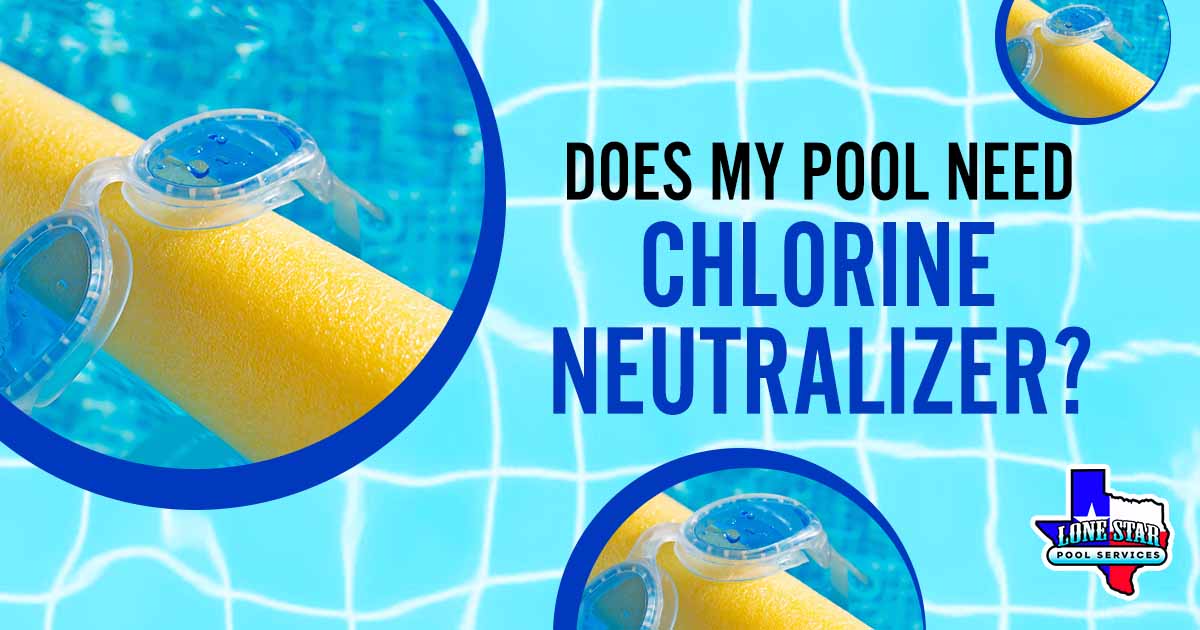When you own a pool, there are many things to consider. Besides keeping up with daily and weekly cleaning, you also need to keep an eye on all of the chemicals in your pool. Chlorine is one of the most important chemicals to maintain in your pool. This helps to keep the water clear and clean. When you’re dealing with chlorine, you may also hear people talk about chlorine neutralizer. If you’re new to pool ownership, you may not be familiar with what this does and why it’s important. Let’s take a closer look so you can keep your pool in tip-top shape.
What is chlorine neutralizer?
The answer to this question is very simple. A chlorine neutralizer is just a chemical used to reduce or remove chlorine in a swimming pool. While chlorine is beneficial to a pool, it can also be harmful if there’s too much of it in your pool. Sodium thiosulfate, sodium sulfite, and sodium metabisulfite are all compounds that can be found in chlorine neutralizers.
What does chlorine neutralizer do?
After you shock your swimming pool and test the water, you may discover that the chlorine level is too high and not good for swimming. A chlorine neutralizer brings that level down quickly so that you can swim in it.
Just as when you’re adding other chemicals to your pool, you need to be sure that you’re not adding too much chlorine neutralizer to your pool. If you put in too much accidentally, it will strip the pool water of all chlorine and increase the risk of algae or harmful bacteria. This is why many hire a professional pool company to take care of these and other pool needs. When you have a professional technician taking care of your pool, they know the correct amount of chemicals to add to achieve the perfect balance.
How do people use chlorine neutralizer?
Using chlorine neutralizer involves measuring the chemical and knowing how many gallons of water your pool holds. Usually, adding one cup of the chemical for every 5,000 gallons of water will break down to about one ounce per 100 gallons. This can lower your chlorine levels by around 10ppm.
Again, dealing with pool chemicals is serious business. Despite having the needed measurements at hand, many people still end up putting in too much of the chlorine neutralizer or too little.
Are there any alternatives to using a chlorine neutralizer?
Full sunlight can also be used as a chlorine neutralizer. When you keep your pool open in full sunlight, the UV rays work to quickly break down the chemical bond of swimming pool chlorine. This helps to decrease the overall chlorine level without putting any extra chemicals into your pool.
Some people choose to use hydrogen peroxide, although there are some risks to doing so. The hydrogen peroxide you would use in your pool is much stronger than what you would find in a pharmacy. Concentrated hydrogen peroxide is made specifically for pools. It’s used as a shock oxidizer. This solution kills everything including chlorine. Since hydrogen peroxide isn’t created to just reduce chlorine, it may be hard to find information about just how much of it to put in your pool. That’s why it’s still best to stick with the chlorine neutralizer products that are specifically made for that purpose.
There is another option that some pool owners try to lower their chlorine levels. Ascorbic acid is a chemical that comes in different forms. Although it’s known to be an excellent stain remover, it can also lower chlorine levels in pools with a balanced pH. It’s a more expensive alternative than other known chlorine stabilizers.
Let Lone Star Pool Services Help with Your Chlorine Neutralizer
At Lone Star Pool Services, we can help to make sure your pool has the right chlorine level. Maintaining the right chemical levels is part of our weekly pool service. When you hire Lone Star Pool Services, you can feel confident that your pool is being taken care of the right way.
We have a service plan that includes the following:
Chemical Analysis & Maintenance
- Chlorine
- Calcium Hardness
- pH
- Alkalinity
- Phosphates
- Cyanuric Acid
- Salt content on saltwater pool
Pool Equipment Maintenance and Service Reporting
- Clean and check pool sweep debris bags
- Pump baskets checked and emptied
- Check and clean pool sweep wall screen
- Skimmer baskets checked and emptied
- Pool sweep operation checked
- Backwash DE and sand filters as needed
- Monitor filter pressure
- Clean salt cell as needed
- Monitor and maintain valve orientation for circulation adjustments
- Calibrate salt system as needed
- Weekly e-mail notification and photographs
- Visual inspection of equipment and reporting of significant issues
- Vacuum as needed
- Brush
- Clean spa
- Net debris

